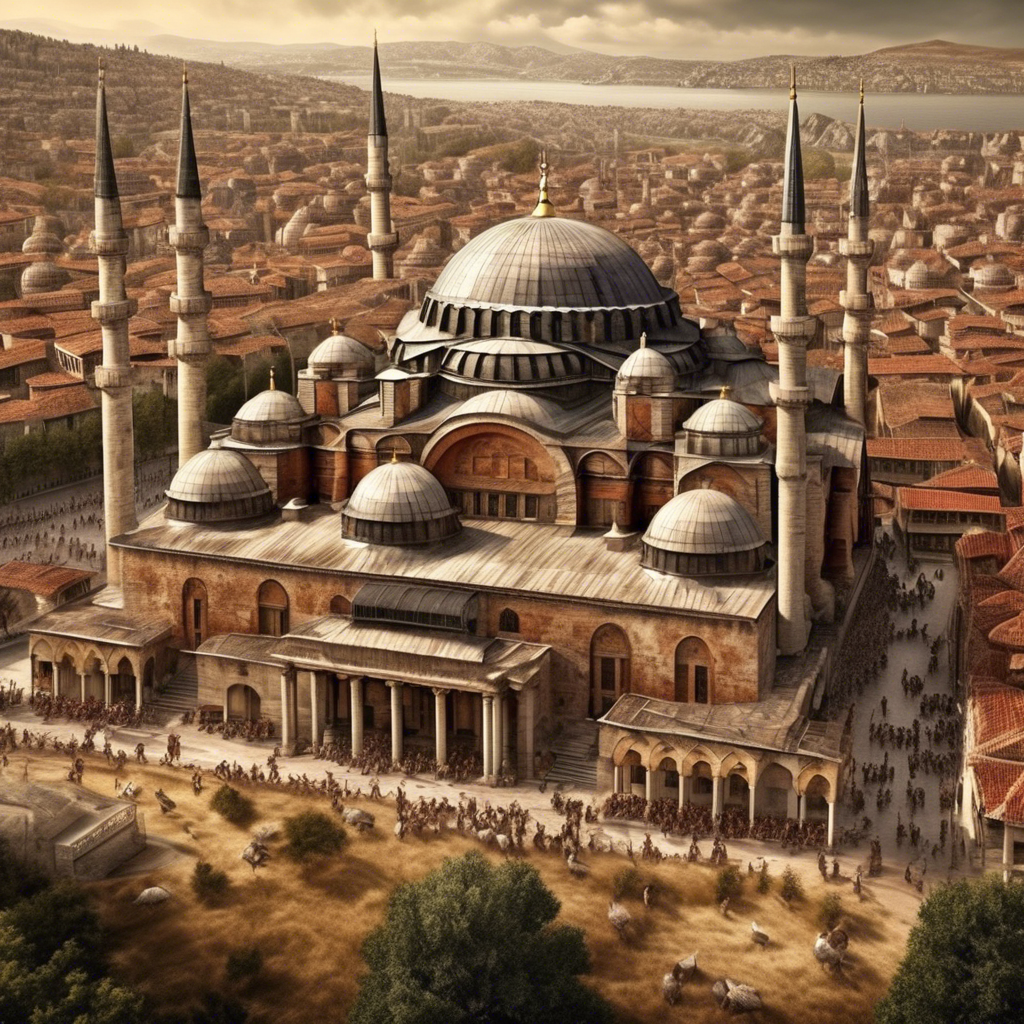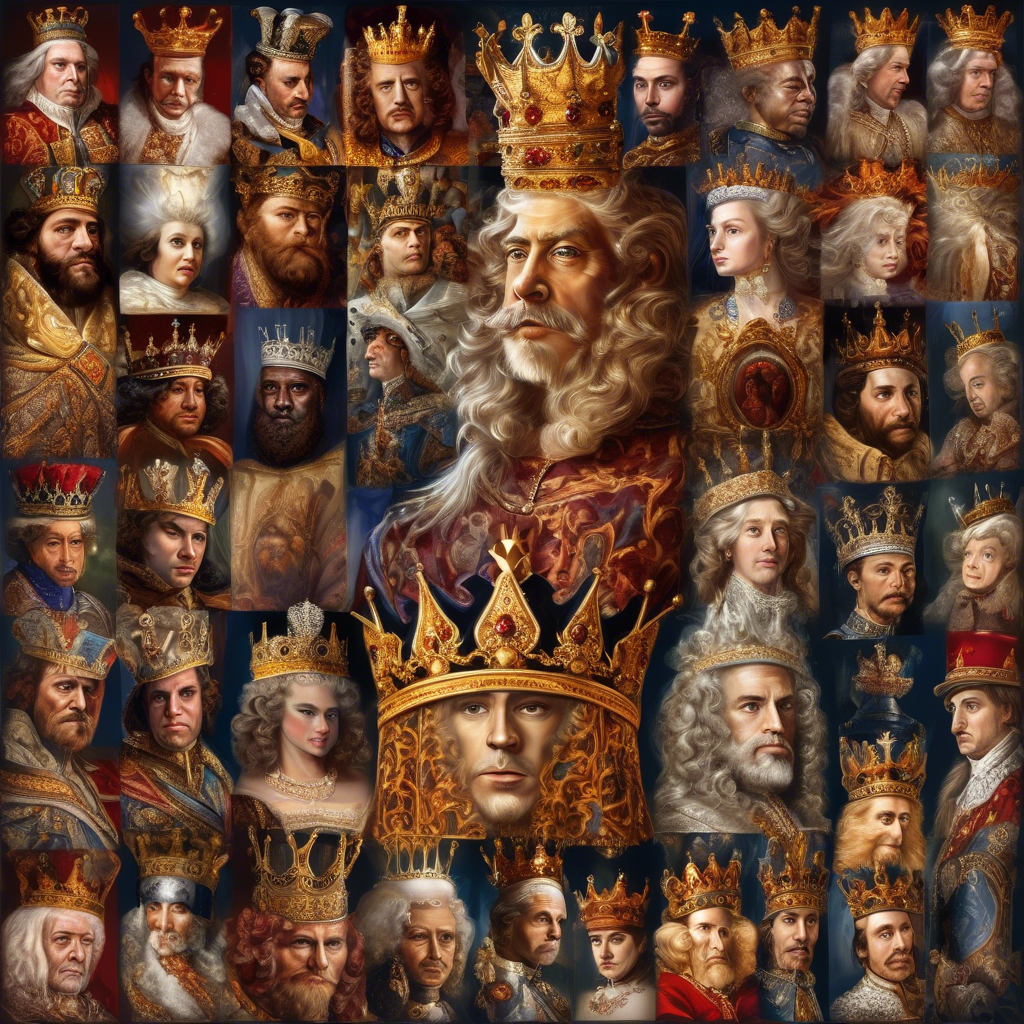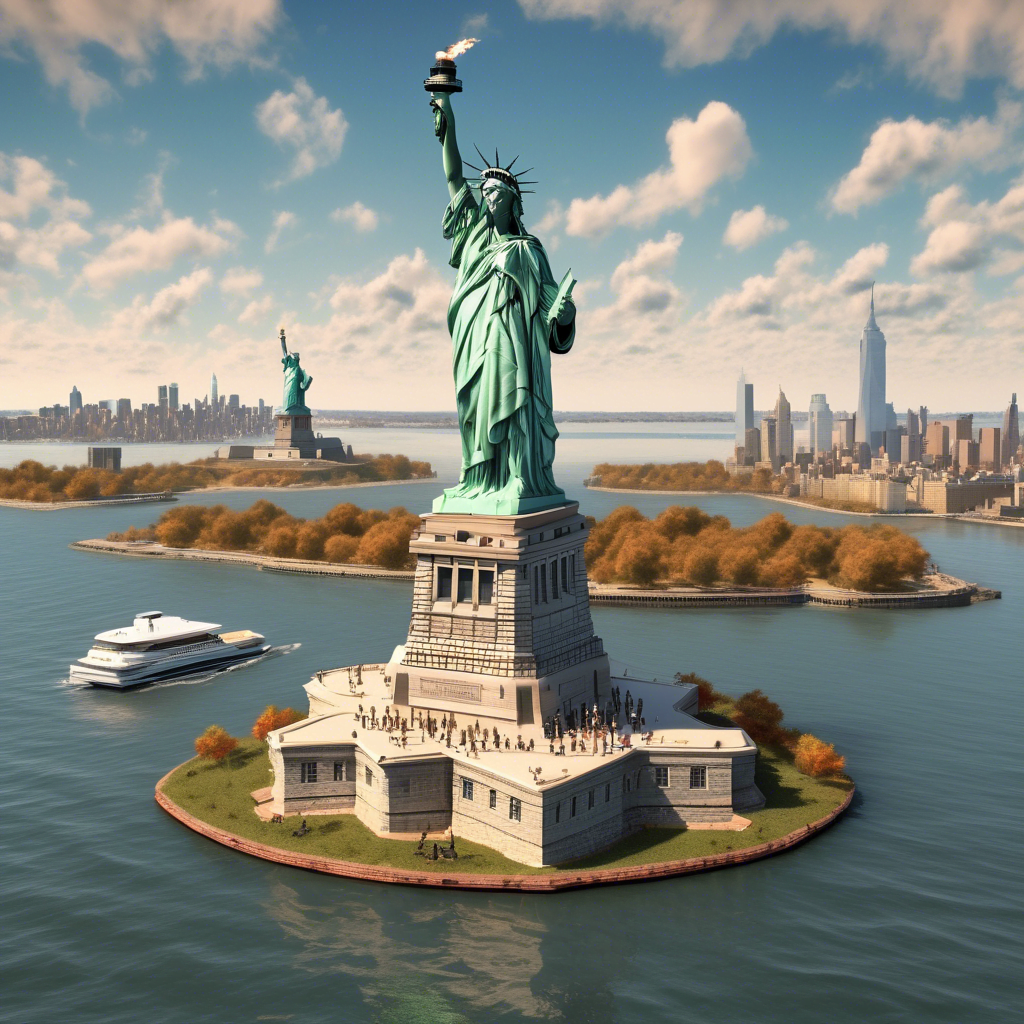
The classic era, also known as the classical period, is a time in history that has had a significant impact on the world as we know it today. Spanning from around 500 BCE to 476 CE, this period saw the rise and fall of many great civilizations, including the Roman Empire, ancient Greece, and the Han Dynasty in China. The discovery and study of this era have provided invaluable insights into the development of human societies, cultures, and technologies.
The history of the classic era is a fascinating tale of conquest, innovation, and cultural exchange. During this time, Europe was dominated by the powerful Roman Empire, which stretched from Britain to the Middle East and North Africa. The Romans were known for their advanced engineering, architecture, and military tactics, which helped them conquer vast territories and establish a long-lasting empire. Meanwhile, in the Middle East, the Persian Empire thrived, while in Asia, the Han Dynasty in China was a beacon of civilization and prosperity.
One of the most significant aspects of the classic era was the development of weapons and warfare. The Romans, in particular, were known for their superior military technology, such as the pilum (a type of javelin), the gladius (a short sword), and the scutum (a large shield). These weapons were crucial to the success of Roman armies in battle, allowing them to defeat their enemies and expand their empire. In the Middle East, the Persians also had advanced weaponry, such as the composite bow and the war chariot, which gave them an edge in combat.
Governments during the classic era were typically authoritarian in nature, with power concentrated in the hands of a few rulers or elites. In Rome, for example, the emperor held absolute power over the empire, while in China, the emperor was seen as a divine figure with authority over all aspects of society. These governments often relied on a strong military to maintain control and enforce their policies, leading to widespread unrest and conflict among the populace.
The classic era was also a time of great exploration and discovery, with scholars and traders traveling far and wide to exchange goods, ideas, and knowledge. This cultural exchange led to the spread of new technologies, philosophies, and religions across different regions, creating a more interconnected and diverse world. In Africa, for example, the trade routes known as the Trans-Saharan and Indian Ocean trade networks connected the continent to the Middle East and Asia, allowing for the exchange of goods such as gold, ivory, and spices.
Before and after the classic era, there were significant changes in society, politics, and culture. The fall of the Roman Empire in 476 CE marked the end of the classic era and the beginning of the Middle Ages, a period of turmoil and instability in Europe. The spread of Christianity and the rise of feudalism were key developments during this time, shaping the future of Western civilization. In Asia, the collapse of the Han Dynasty led to the fragmentation of China into multiple warring states, setting the stage for the eventual reunification under the Sui and Tang dynasties.
Dates are crucial to understanding the chronology of the classic era, with key events such as the founding of Rome in 753 BCE, the birth of Alexander the Great in 356 BCE, and the fall of the Western Roman Empire in 476 CE. These dates provide a framework for studying the rise and fall of civilizations, the impact of wars and conquests, and the evolution of cultures and societies over time.
In conclusion, the classic era was a pivotal period in human history that laid the foundations for the modern world. The discovery and study of this era have provided valuable insights into the development of civilizations, the spread of ideas and technologies, and the interactions between different cultures and societies. By understanding the impact of the classic era on people’s lives and the changes it made to the history of the world, we can appreciate the legacy of this remarkable period in history.




Leave a Reply